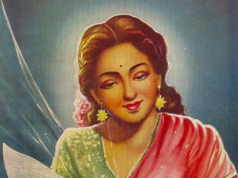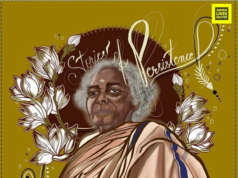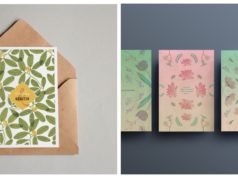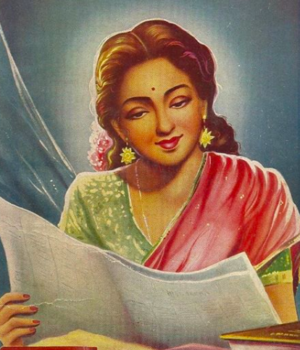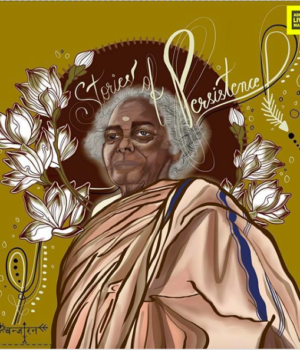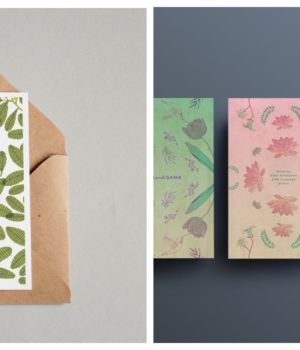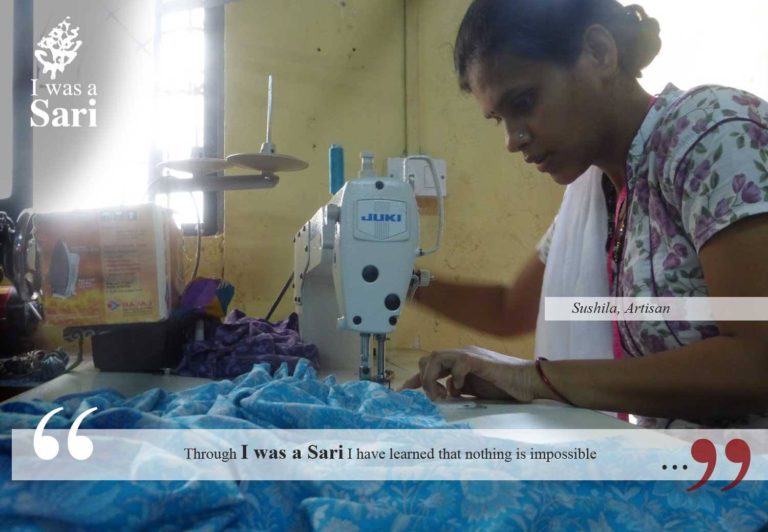
What if we tell you that there’s a social project which not only gives India’s national dress, the sari, a modern look, but also helps empower underprivileged women in the process? Yes, you read that right. The aptly named ‘I Was A Sari'(IWAS) initiative believes women can drive global development and change, and aims to help enact that – through fashion. Intrigued? Read on.
IWAS sources saris locally through small dealers that receive them from Indian families and local markets. The saris are sorted according to their material composition and quality, and washed. It is then handed over to women artisans who cut, stitch and create the upcycled pieces.
We recently had the opportunity to interview Mr. Stefano Funari, founder of this initiative to talk about how IWAS started, what it does and its future plans. Here’s what he had to say:
What is the project about?
The mission of this initiative is to empower disadvantaged Indian women by providing them with recurring income opportunities, with the vision of creating a society in which all women are dignified and their basic rights are respected.
How did the story of IWAS start?
I Was A Sari was formed in response to the challenge of how to achieve social change through a competitive and sustainable business while working with underprivileged and semi-skilled resources, particularly women. I was intrigued by this concept.
In late 2012, I approached Professor Paola Bertola of Fashion in Process, a research collective within the Design Department of Politecnico di Milano University, with this question in mind and pitched a partnership to work on a project grounded in two very simple concepts: up-cycling and the sari.
This is where IWAS began, and thanks to Paola, her team, and a group of young, talented designers, the project came to life.
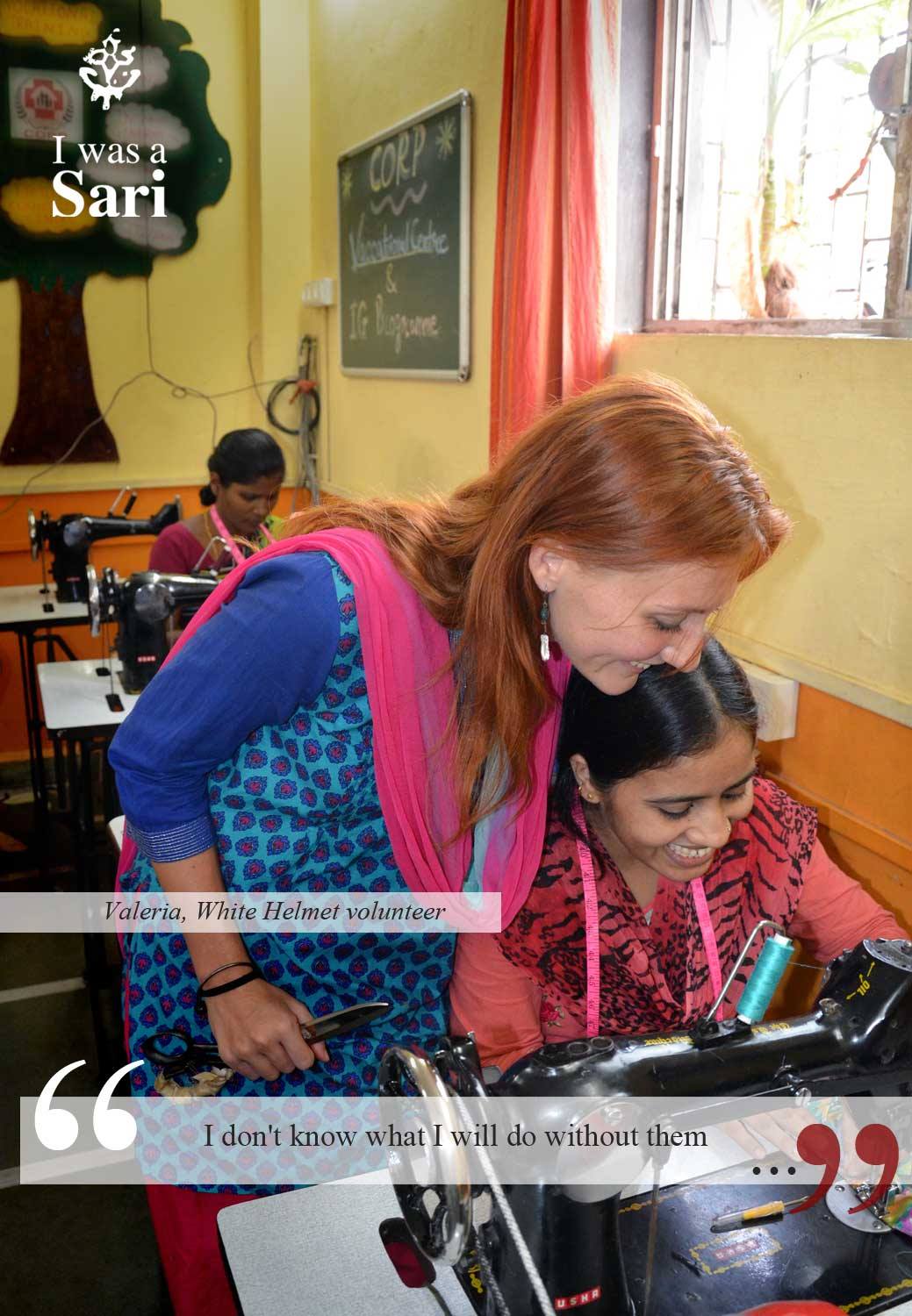
How do you plan to expand the reach of this project in terms of empowering poverty-stricken women?
We have a very scalable model which is based on a complete outsourcing of the production to established NGOs. In fact, we partner with NGOs already active in tailoring vocational training and income generation activities.
How does this project different from other NGO activities currently happening in India?
First of all, we are not an NGO but rather a social enterprise with a zero dividend policy (100% of the profit is reinvested back into the initiative). As a consequence, we do not rely on grants but rather on the revenues coming from our sales competing in the market.
People buy our products because they are worth the money and the fact that we support a social cause and that there is a story behind each item helps but is not the main selling point.
Often NGOs sell products counting on the “feel good” effect. Unfortunately, this is less and less the case even in the western market. Consumers love true and good stories but they expect value for money. In other words, we think socially and responsibly but we act absolutely like any other company and we fight every day in order to make our business financially sustainable.
In the end, I Was A Sari is about effecting a transformation to saris as well in the daily lives of the women who create them. If you’d like to help their cause, head over to the IWAS Facebook page and their website for more information and to stay updated.
Featured image source
Written by Disha Mukherjee

